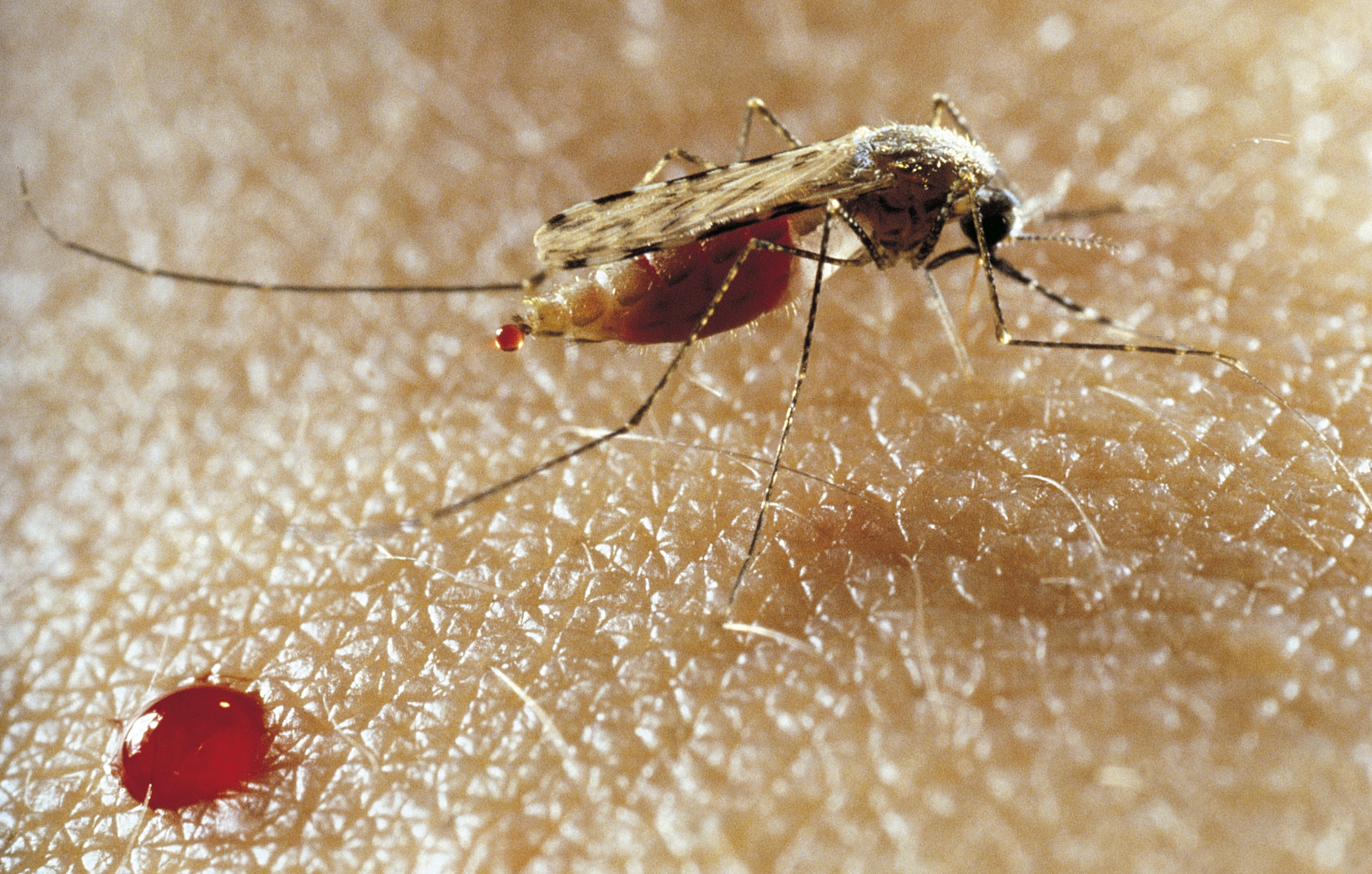Summary
Researchers have found a way to block mosquitoes from spreading malaria by changing one tiny part of their genetic code. This change makes the mosquitoes mostly unable to pass the malaria parasite to humans. Scientists hope to spread this change across mosquito populations to reduce malaria cases, but more studies and approvals are needed before it can be used widely.
Key Facts
- Malaria infects 263 million people each year.
- Scientists modified mosquitoes' DNA to stop them from carrying the malaria parasite.
- The change affects one amino acid and makes mosquitoes largely resistant to the parasite.
- The study is published in the journal "Nature."
- The method uses a gene drive to pass the genetic change to most offspring, which is different from typical inheritance.
- Researchers plan to test this in the field, but it will take several years and need community and government approvals.
- Gene drives are controversial due to potential long-term and unpredictable effects on ecosystems.
- Some worry that gene drives could permanently alter mosquitoes and disrupt ecological balances.

